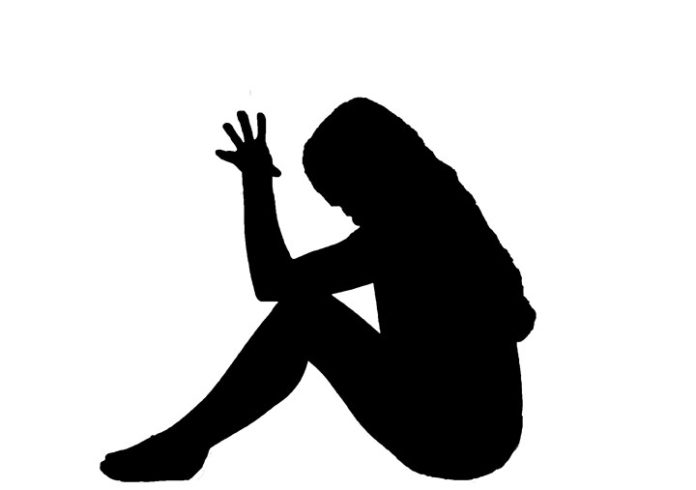
By Kendra Pell | Reporter
As the newness and excitement of college comes to an end after freshman year, many students begin to feel more distressed and unmotivated. This phenomenon is known as the “sophomore slump,” and not every student is affected by it in the same way.
Austin sophomore Sarah Turner said, so far, her sophomore year already has felt different compared to her freshman year. However, Turner said she is confident there are ways to help prevent any negative effects.
“I think the fact that nothing really is new about sophomore year causes the slump, and that you already know the motions of college as well as the campus,” Turner said. “Students should get involved in new things, like volunteering, joining clubs or making new friends, to become more excited about something new.”
The Noel-Levitz consulting firm reported in 2012 that a quarter of college sophomores are feeling neither motivated by their classes nor at home on their campuses. However, 88.9 percent of first-time freshmen returned for their second year at Baylor in the fall of 2014, according to Baylor’s Institutional Research and Testing website.
McKinney senior Taylor Hobart said he thinks the main difference between freshman and sophomore year is that many move out of their on-campus housing and into apartments or houses off campus, which could lead to a decrease in self-discipline.
“When I moved into my apartment sophomore year, I lived further away from campus,” Hobart said. “So it was more tempting to skip classes, give into more distractions and fall behind.”
On the other hand, Dallas sophomore Mary Lea Phillips feels there are many ways students can cope with this common issue.
“It’s so difficult. In a world where we are convinced to put everyone else first, we need to remember to take care of ourselves and know that is important and OK,” Phillips said. “Alone time is necessary to figure things out with yourself or, maybe even more importantly, with a professional.”
Dr. Jim Marsh, director of Baylor’s Counseling Services, said he has not seen a substantial difference with sophomores at Baylor seeking help more than the other classifications.
“With freshmen, we see a little more transition and anxiety, and with seniors, we see anxieties with what’s to come after graduation,” Marsh said. “Sophomores and juniors can have their own reasons for unhappiness, but I haven’t noticed anything significantly different.”
While it may not be an issue for every student, there are many ways they can seek help for the “slump” symptoms, or any other personal matter if needed.
The Baylor University Counseling Center offers assistance to students who may have overwhelming anxieties whether it is academically, socially or emotionally.
For more information or to set up an appointment with the Baylor University Counseling Center, call (254) 710-2467.





